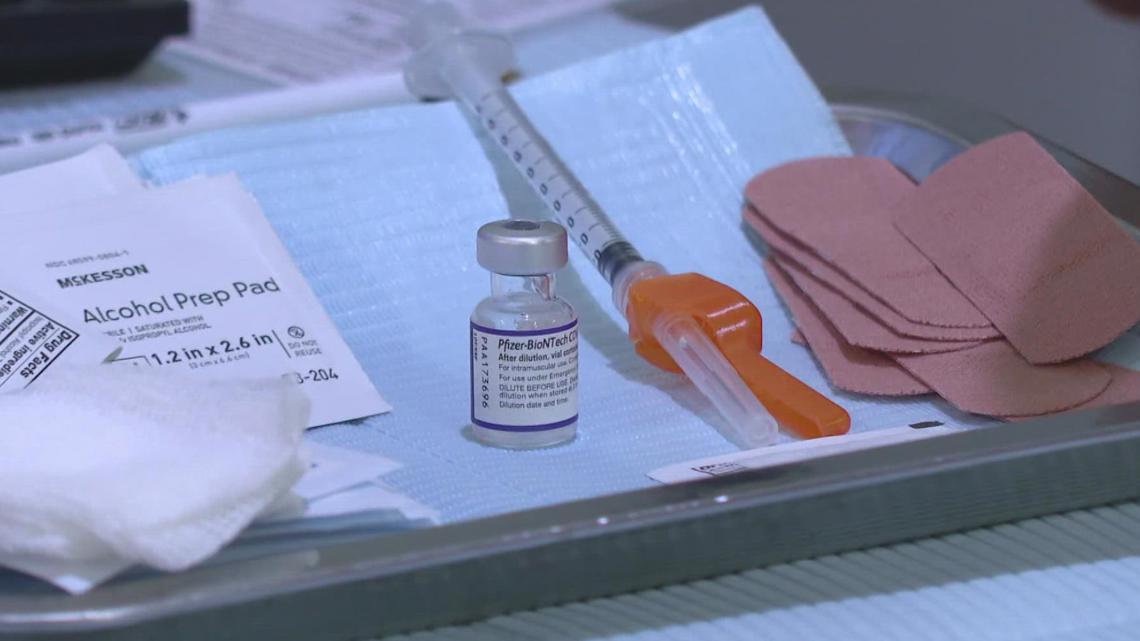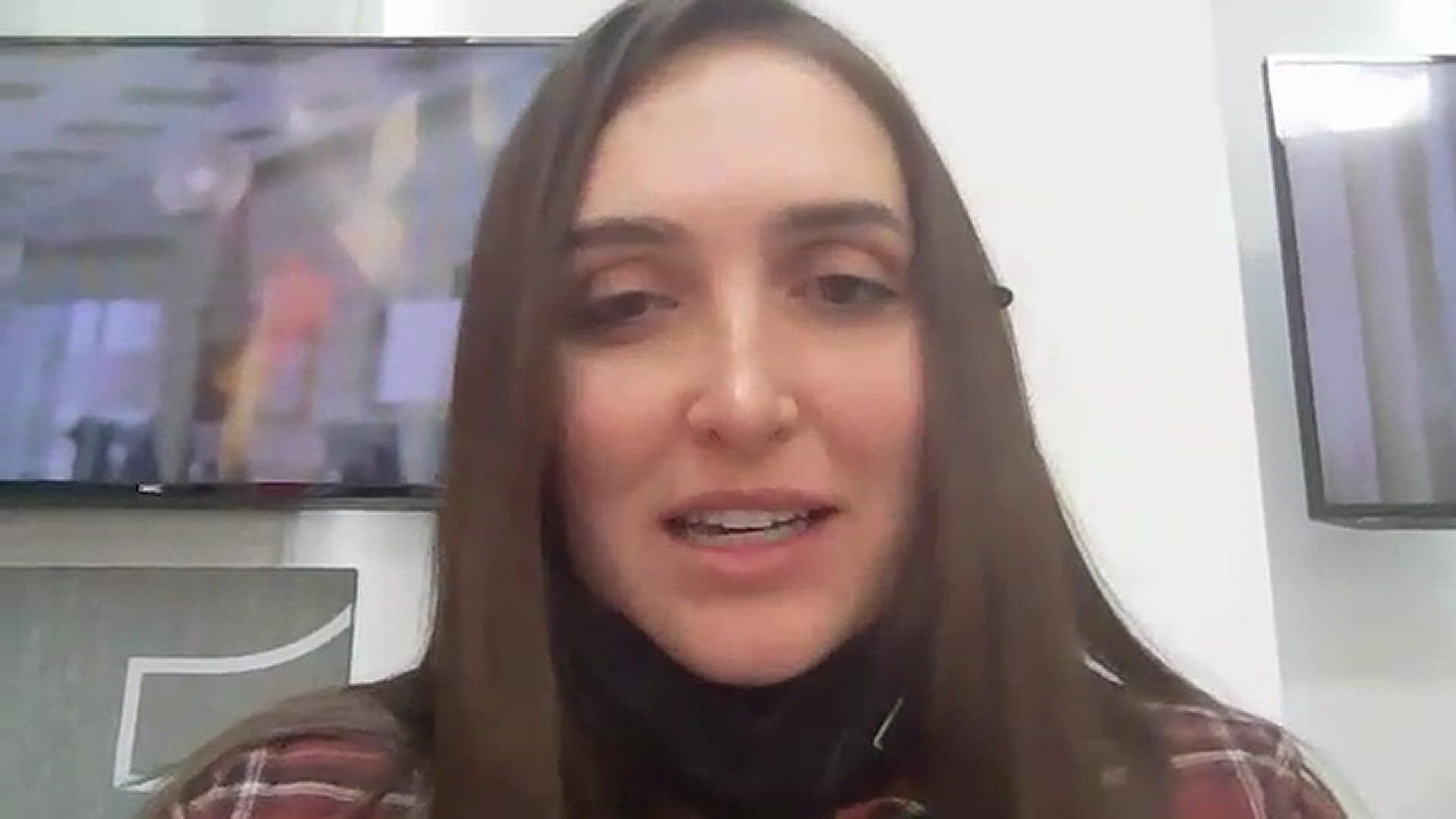An independent advisory panel to the CDC recommended the Pfizer vaccine for children ages 5-11 Tuesday, one of the final steps in getting that shot into the arms of some 28 million American kids.
The Fishers Health Department told 13News they started receiving vaccine on Tuesday, in anticipation of CDC approval.
White House Vaccinations Coordinator Dr. Bechara Choucair told 13News Americans could expect to see vaccinations of that age group as early as Wednesday morning.
"Since Friday, right after the FDA authorized the vaccine, our teams have been packing and shipping doses around the clock 24/7, and we have millions of doses that are on their way to providers offices," Choucair said.
If the vaccines are approved, Choucair said Americans could expect a full rollout of the program by Nov. 8.
Last Friday, after the Food and Drug administration approved a two-dose COVID-19 vaccine from Pfizer/BioNTech. FDA acting commissioner Janet Woodcock said getting children in the 5-11 age range would be a crucial step in returning to a new sense of normal.
That was a sentiment echoed by Choucair, who said the vaccine for this age group took longer because they waited for data from trials.
"We have to do everything we can to protect those kids by making sure that everybody around them is vaccinated. Their older siblings, their parents, their grandparents, their teachers, their bus drivers, all are getting vaccinated," he said. "Now, we have an opportunity to be able to protect them directly, and that's important."
Choucair said data from the vaccine so far appears to show it is effective in preventing COVID-19. The FDA published the results of their trial in children 5 to 11 years old in September, saying "the vaccine was safe, well tolerated and showed robust neutralizing antibody responses."
So, what can kids expect?
This vaccine for children ages 5-11 is slightly different than its predecessors.
The vaccine dosage for adults and adolescents is 30 micrograms, while the vaccine for children ages 5-11 is one-third of that, at 10 micrograms.
"It's important to know the formulation is also specific for kids. So, it's a new vial, and it comes in 10 doses per vial and has an orange cap on it, as opposed to six doses in vials for adolescents and adults have had a purple cap," Choucair said.
Dr. Choucair said kids getting the vaccine can also expect to see smaller needles and side effects similar to what they saw in their older family members who received the vaccine.


"When you look at the safety profile, there was no serious adverse reaction that were detected. And when you look at the mild symptoms like fever or body aches or headache, those were consistent with what we've seen with adolescents and adults. So we have a safe and and effective — very effective — vaccine," he said.
A Kaiser Family Foundation study released in October showed about 27% of parents of 5-11 year-olds are eager to get a vaccine for their younger child as soon as one is authorized.
An additional third said they will wait a while to see how the vaccine is working.
Earlier this week, the FDA's independent scientific advisers voted that the pediatric vaccine's promised benefits outweigh any risks. But several panelists said not all youngsters will need to be vaccinated, and that they preferred the shots be targeted to those at higher risk from the virus.
Nearly 70% of 5- to 11-year-olds hospitalized for COVID-19 in the U.S. have other serious medical conditions, including asthma and obesity, according to federal tracking.
Additionally, more than two-thirds of youngsters hospitalized are Black or Hispanic, mirroring long-standing disparities in the disease's impact.
The question of how broadly Pfizer's vaccine should be used will be a key consideration for the CDC and its advisers, who set formal recommendations for pediatricians and other medical professionals.

